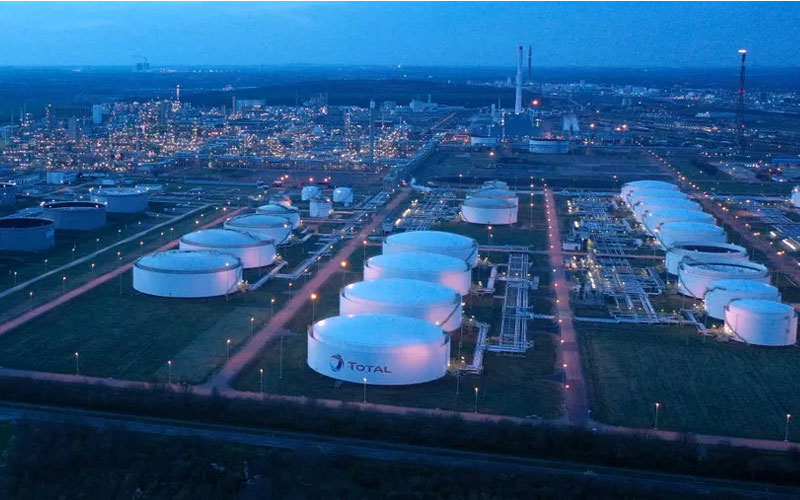‘Saudi First’ Policy Shakes US-Saudi Oil-for-Security Alliance
After this battle, Saudi Arabia has full confidence in using its status as the world’s largest oil exporter to shape OPEC+ policy. “We have gained an unprecedented victory from this matter and our confidence has increased,” Prince Abdulaziz said.
On April 2, 2023, Saudi Arabia once again played its leading role and led OPEC+ to unexpectedly announce a production cut of more than 1 million barrels per day, of which Saudi Arabia itself cut production by 500,000 barrels per day, which shocked the global energy market.
The two major crude oil futures prices of WTI and Brent rose by more than 8% and 6% respectively on a weekly basis, and both returned to above $80/barrel. Various analysts have predicted that oil prices may return to 100 US dollars / barrel, and some analysts believe that global oil will fall into a situation of short supply earlier than previously expected.
The decision to cut production has brought new tension to the already tense US-Saudi relations. The White House said OPEC+’s production cuts were “unwise”.
In fact, since 2022, in response to high inflation, the United States has repeatedly pressured Saudi Arabia to increase production, but was rejected. In July 2022, Biden visited the Middle East, but failed to bring back the promise of increasing production. In October of the same year, before the mid-term elections in the United States, OPEC+ announced a daily production cut of about 2 million barrels. Biden once said that Saudi Arabia would face “consequences”, but the follow-up was nothing.
Over the past 80 years, Saudi Arabia and the United States have formed a special alliance of “oil for security”. In a nutshell, Saudi Arabia maintains relatively stable oil prices and purchases weapons from the United States, while the United States provides regional security and diplomatic support to Saudi Arabia. Recently, there have been more and more signs that Saudi Arabia puts its own national interests at the top of oil policy considerations.
“This decision to grow shows once again that the Saudi leadership has its own economic interests clearly in mind when it comes to oil production plans,” said Helima Croft, head of commodity strategy at RBC Capital Markets.
In 2016, the Saudi crown prince announced the ambitious “Vision 2030” plan, planning to use 15 years to realize the diversified transformation of the economy and society, including the development of tourism and the construction of a global business and logistics center. The transition will require substantial investment, and although the bulk of the investment is funded by Saudi Arabia’s sovereign wealth funds, higher oil prices do not necessarily directly benefit these funds, but local officials say the extra revenue from higher oil prices could accelerate local investment.
3BHE022294R0103 ABB | Processor unit
 中文版
中文版




